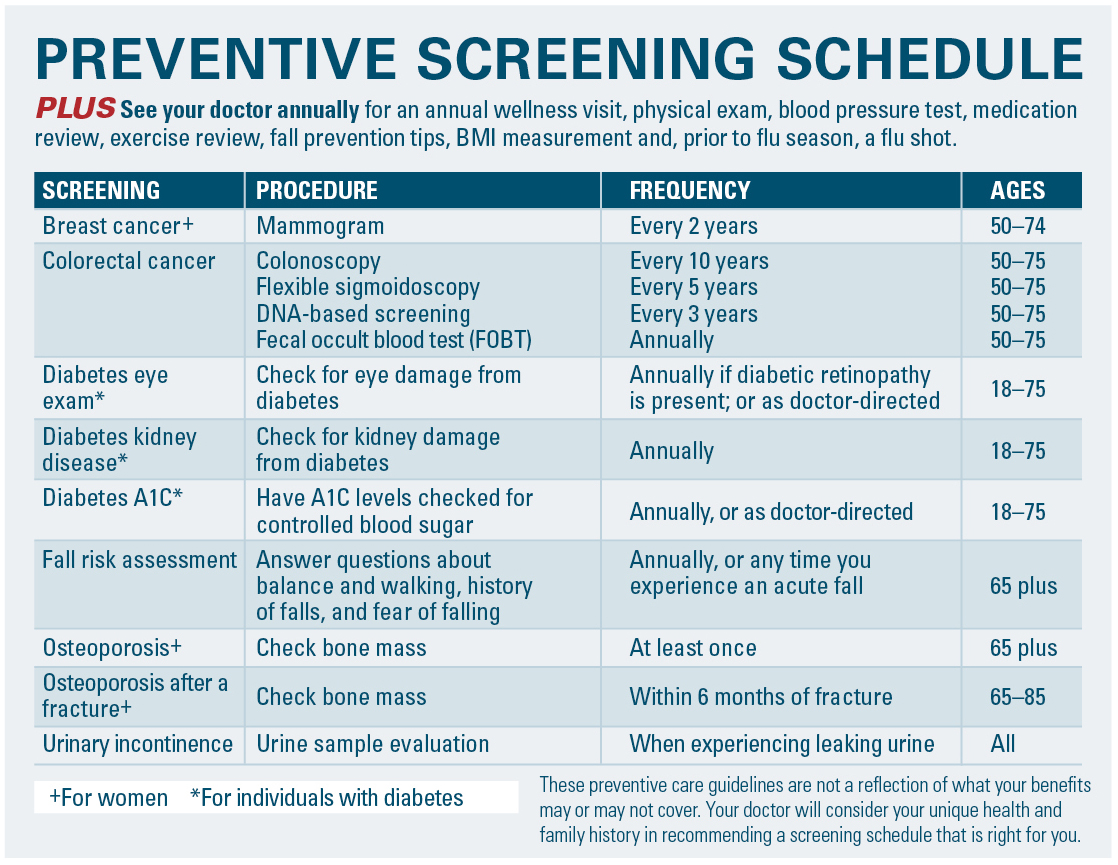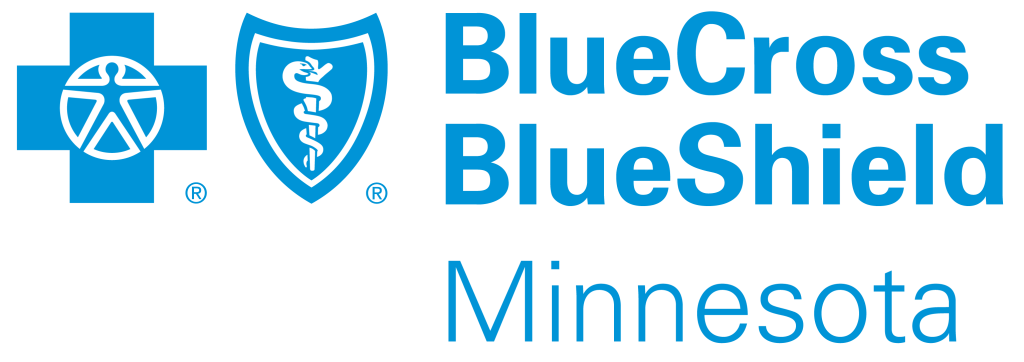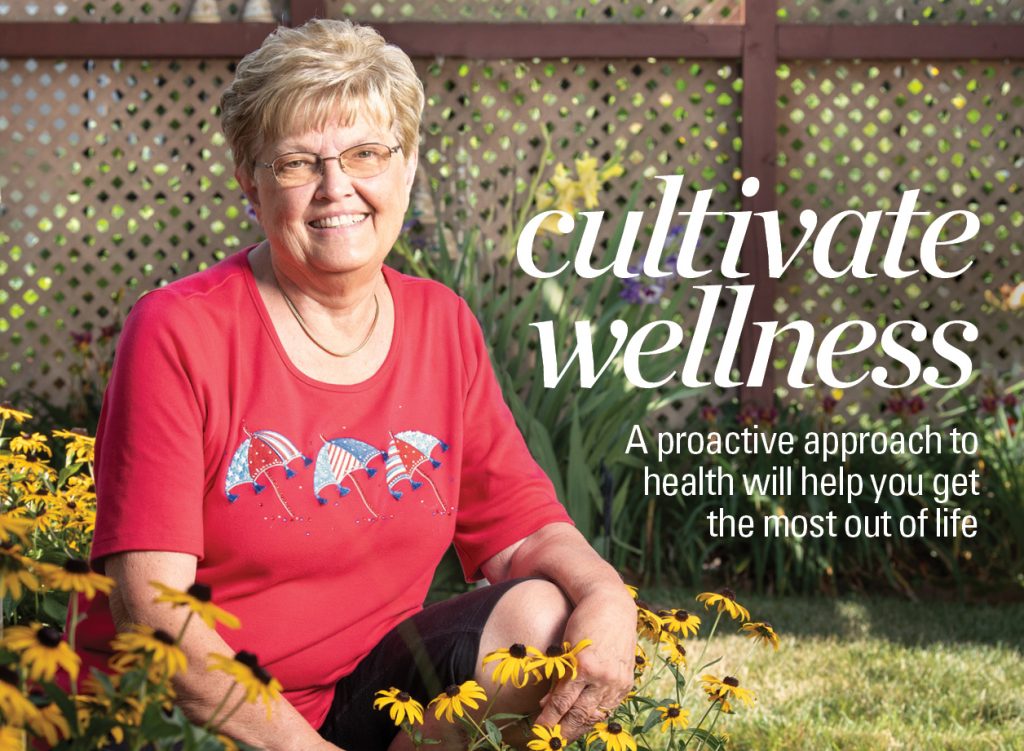When Jean Dzwonkowski was diagnosed with breast cancer at the end of February, COVID- 19 was just showing up in the U.S.
Follow-up appointments in March included virus screenings, wearing a face covering, extra hand washing, and keeping a safe distance between her and others. Her lumpectomy was postponed until June because of the cancellation of surgeries for non-life threatening conditions. And when the surgery finally did happen? She was dropped off alone as a safety precaution for her husband.
All of this, along with continued safety measures during radiation treatment, was well worth the effort for the Winona resident. Dzwonkowski, 71, is now cancer free. Her mass was found during a routine mammogram. This type of screening has dropped off dramatically during the pandemic. Now more than ever, Dzwonkowski is a champion for such tests, pandemic or not.
“Cancer doesn’t take a back seat just because of COVID,” she says. “It’s still there, and the longer you wait, the worse your prognosis can be. So definitely continue with the screenings. Because if not for that, this wouldn’t have been found.”
A RETURN TO SCREENING
For more than a month at the start of the pandemic, mammograms and other routine cancer screenings, such as colonoscopies, were put on hold in Minnesota while hospitals determined how to keep patients safe.
Similar restrictions in other states, along with patient uncertainty, led to a big drop in screenings throughout the U.S. Breast cancer screenings, for example, dropped by 94 percent compared to averages before January 20, 20201. That put Americans at risk for up to 36,000 missed or delayed breast cancer diagnoses between early March and June2.
Matt Flory, Minnesota health systems manager for the American Cancer Society, said the organization is encouraging a return to routine screenings.
“The American Cancer Society thinks it’s really important to think about resuming cancer screening,” Flory says. “These are screenings that can save lives. That’s why we really focus on them.”
Flory says this is especially important if you had an appointment for a screening that was canceled or you are due for one now.
But he notes that you should talk with your provider first. Protection from COVID-19 is still important. Risks vary depending on the community, your personal health history and other factors.
“We really want people to talk to their health care team about when to reschedule, because your individual provider can discuss balancing the risks and benefits of being screened now or at a later date,” he says.
It is also important to note that screenings look for cancer in patients with no symptoms. They are a preventive measure. If you have any symptoms—you feel a lump, for instance—that is different. Someone with symptoms requires a follow-up test, and that should be done right away, Flory says.
STAYING SAFE
Patient safety has always been a top priority for hospitals. That is no different now, though extra steps have been taken to help protect against COVID-19.
Dr. Matthew Broghammer, a general surgeon at Winona Health who serves on the board of directors, describes some of the safety measures taken there since March.
- Dividing hospital spaces specifically for non-COVID-19 and COVID-19 or suspected COVID-19 illnesses.
- Adding organization-wide policies for social distancing.
- Requiring personal protective equipment, including face masks, for patients and hospital staff, per CDC guidelines.
- A focus on hand hygiene for both patients and staff.
- Heightened attention to cleaning and disinfecting spaces.

These are just some high-level steps, Broghammer says. The development of new safety policies has been both “intensive and exhaustive,” he says.
“I think what this has done is it has heightened the importance of safety. Not only throughout the institution, but throughout the community,” he says. “It’s brought safety back to the forefront where it really should be.”
At Winona Health, the safety measures extend to cancer screenings as well, though some protocols differ based on the test. Colon cancer screenings, for example, first require a COVID-19 test and a quarantine period while results are determined.
Mammograms do not require virus testing. Broghammer says this is because of differences in test processes, such as sedation for colonoscopies that require an oxygen mask. Risks for contracting or spreading the virus vary based on those procedures.
ASK QUESTIONS
When it comes to screening, Broghammer agrees with the ACS that they do save lives. But he urges patients to be thoughtful and consider the following:
What is the state of COVID-19 in your community?
“I think all communities have been affected, but they’re being affected at different degrees,” Broghammer says. “How severe is the outbreak where you live? If it’s high, you might have to question whether it’s a good time to be out and about.”
What are the safety protocols where you will be tested?
“I think most institutions—hospitals, health care centers—are probably doing a pretty good job at this right now,” he says. “But I still think that people have to log onto their websites and see what their COVID-19 response is.”
What is your screening schedule? What does your provider recommend?
“If you were due in March or April you might want to think about getting screened now,” Broghammer says. “When we paused screening, we didn’t intend for this to be a whole year in which you didn’t get screened.”
Broghammer also advises all patients to follow safety guidelines during appointments, for their own health and the safety of others.
ROAD TO RECOVERY
Following her lumpectomy, Dzwonkowski underwent radiation therapy five days a week for more than three weeks in La Crosse, Wisconsin. She will be on medication for at least the next year.
The mother, grandmother, and retired Winona Health customer service lead has had strong support from her family during her recovery. She also has her flower and vegetable garden, which kept her busy throughout the summer.
“For one thing, it took my mind off cancer,” she says. “And the other thing is, after you’re done with the weeding and taking care of everything, it’s just a good feeling, like you’ve accomplished something.”
With no family history of breast cancer and a strong bill of health, the diagnosis caught her by surprise. Though it is recommended women age 50 and older have a mammogram every two years, she gets one annually, as suggested by her doctor. She’s grateful for the advice and positive about the future.
“I’m just taking it one day at a time,” she says. “I have all the trust in my doctors who keep telling me they caught it in time. I’m very optimistic.”


